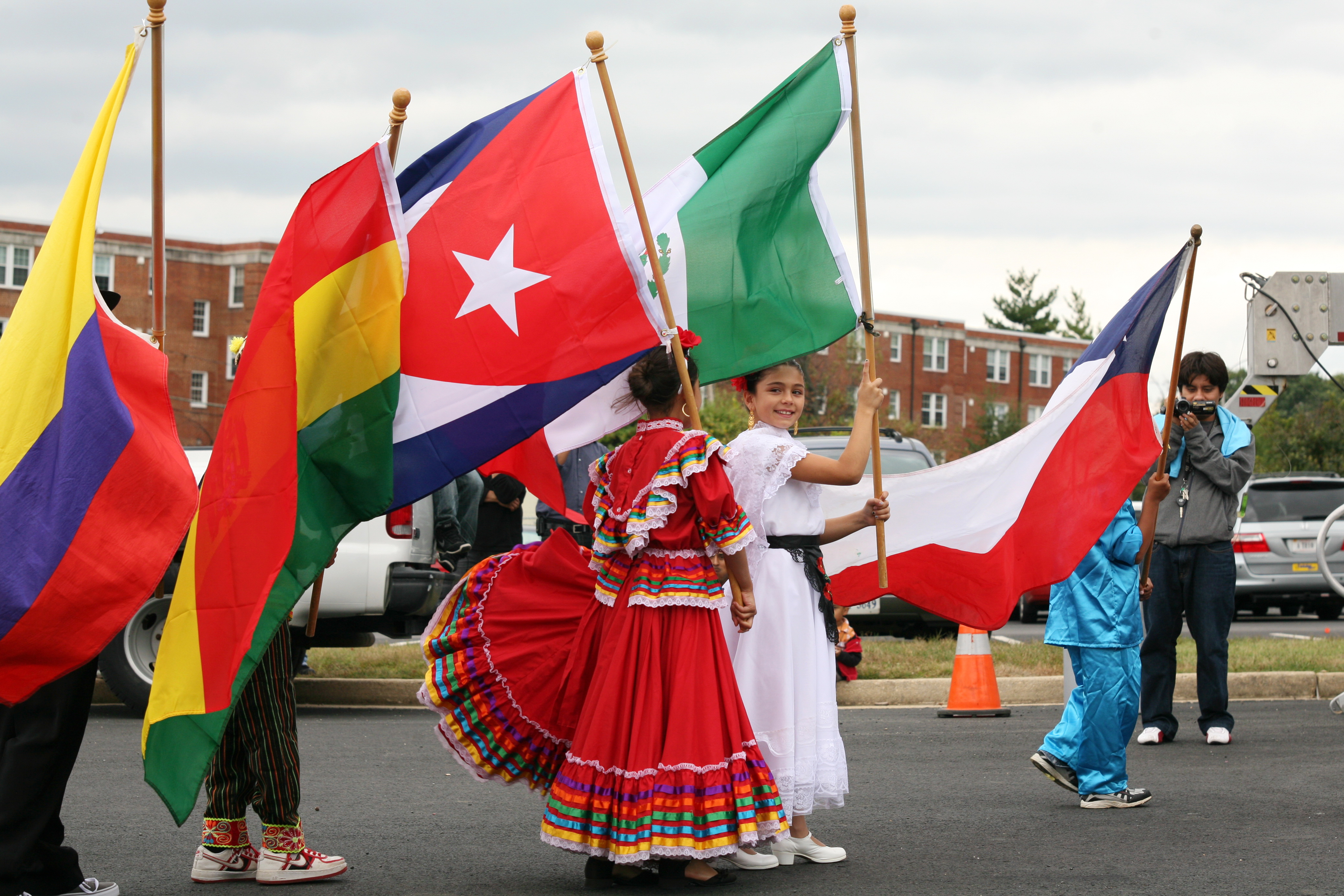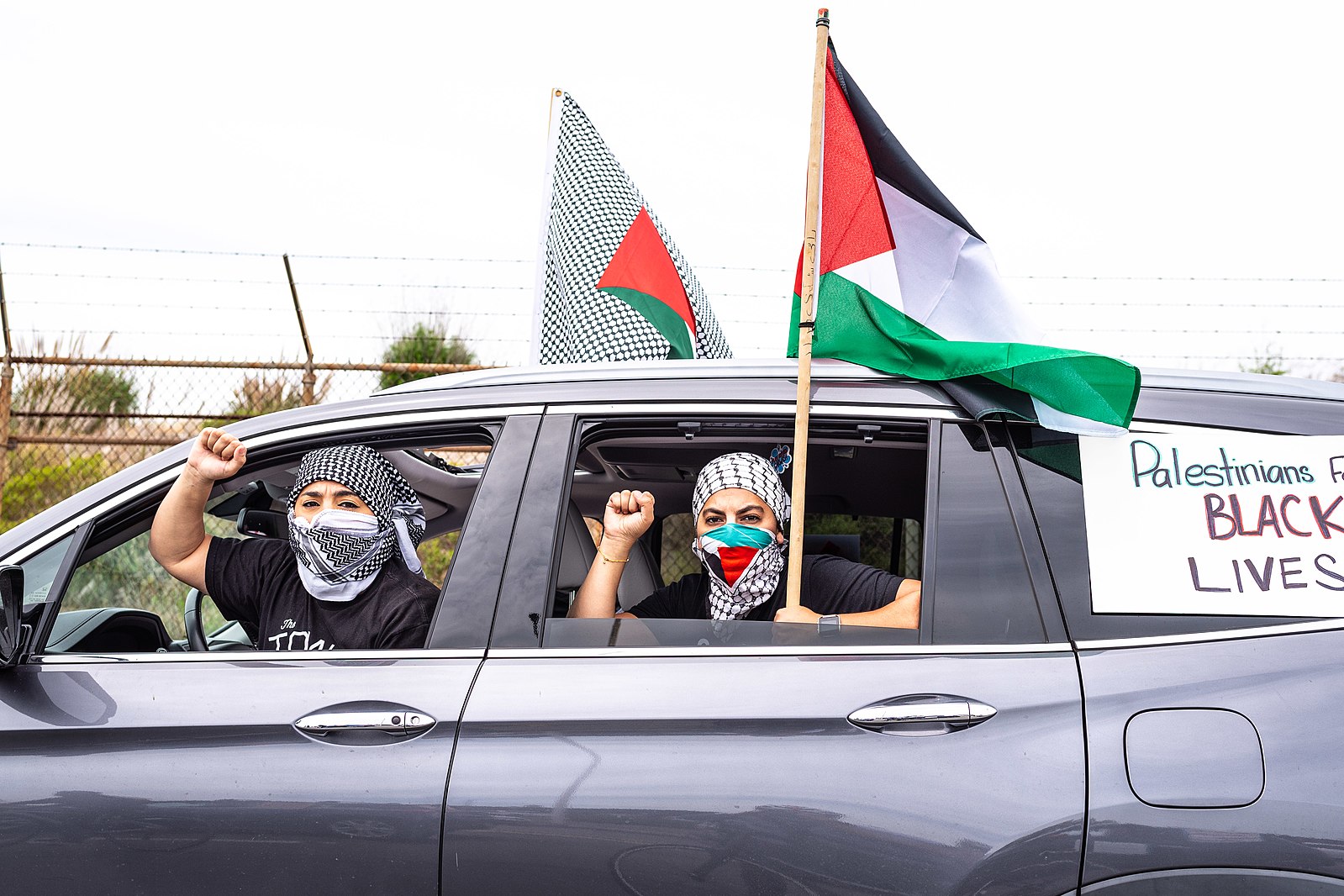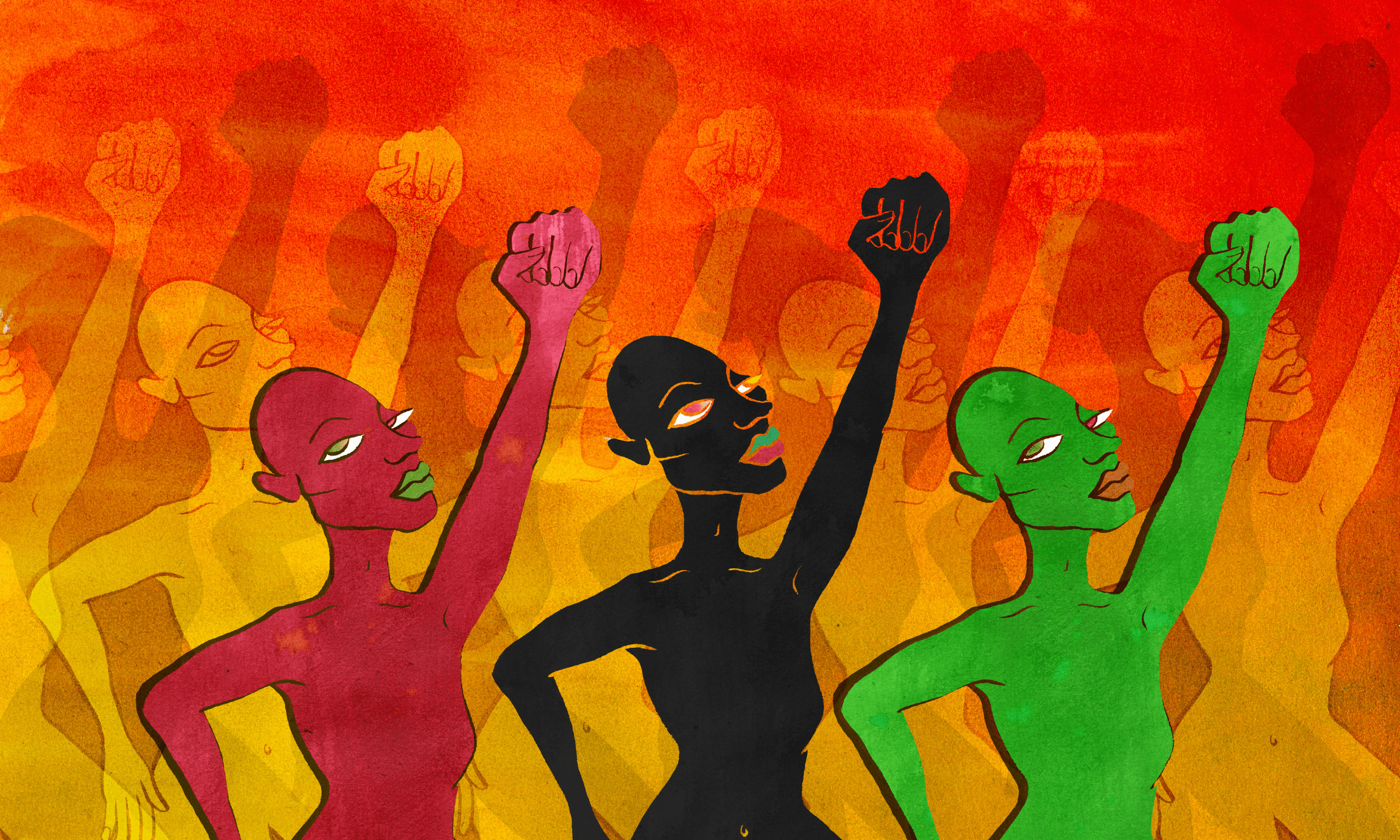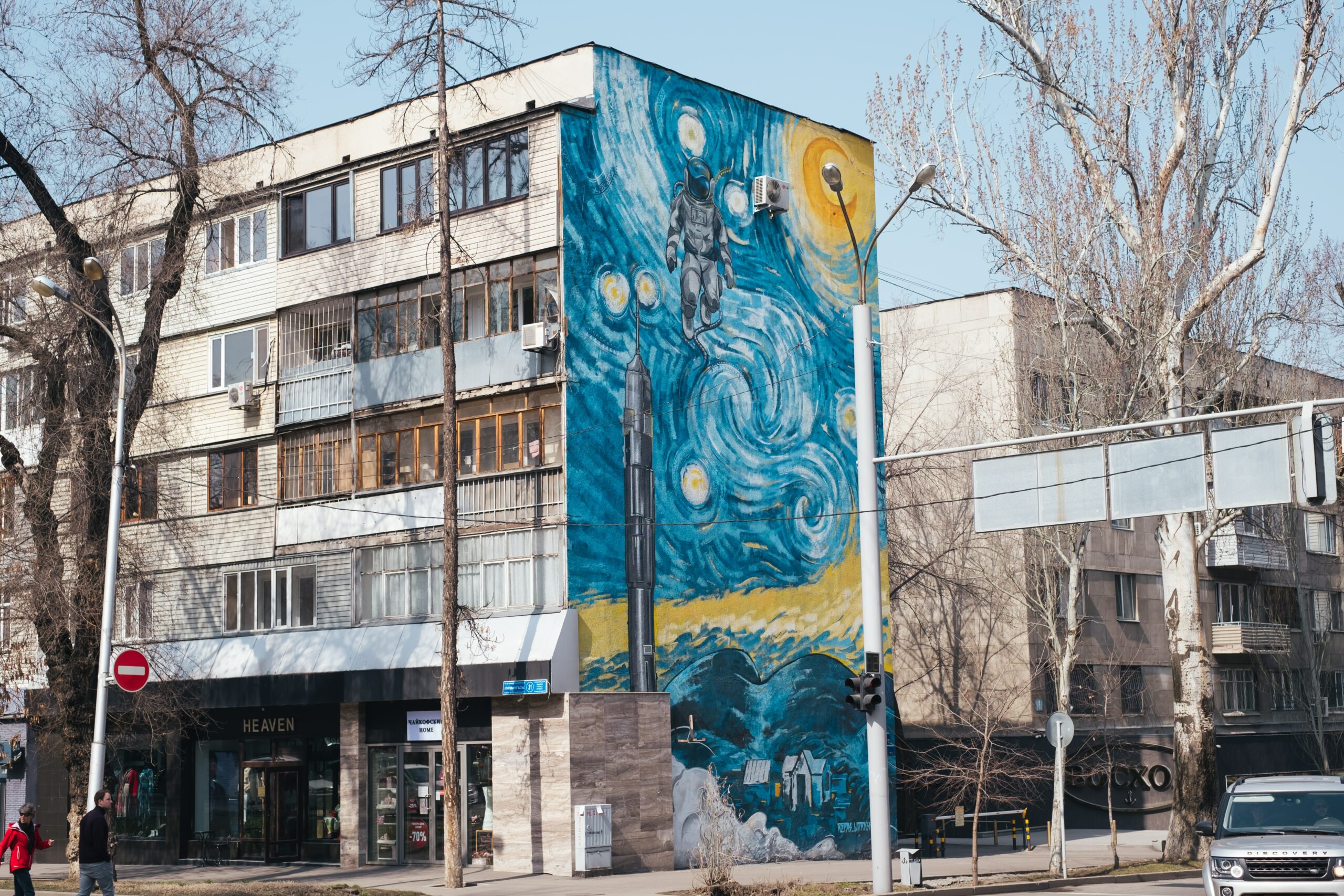
As Latinx Heritage Month comes to a close, we need to debunk some myths about Latinx communities
Nicole Garcia Merida
15 Oct 2019
Photography via Cliff / Flickr
From 15 September to 15 October, Latinxs (the gender-neutral term for “Latino”) around the world celebrate Hispanic Heritage Month. From its name to its contents, this time for cultural celebration actually raises various issues within the Latinx community, as well as the way we’re perceived by those around us.
Whether it’s the fetishisation of our bodies or our accents, or racist stereotypes that continue to dominate the media, Latinxs have to deal with micro (and not so micro) agressions every day. Latin American countries are different in everything from our accents to our food, but somehow media representations have managed to reduce us to a handful of offensive stereotypes. The narrative by mainstream media, especially in Trump’s United States, has been concentrated on dehumanising and alienating us.
Latinx Heritage Month is important because it focuses on our culture as separate from our “Hispanic” heritage, which in many ways is something none of us chose. We are not what the media wants people to believe. We are not just Sofia Vergara in Modern Family (but some of us are, and there’s nothing wrong with that). We encompass over 30 different countries, with different accents, different cultures, and different needs. As the month draws to a close, in the spirit of the occasion – there are myths that need to be dispelled, stereotypes that must be dismantled, and things to call attention to.
‘Hispanic’ is a colonial term
Some Latinxs and Latinx-Americans have adopted the term Hispano out of a need for a census classification in the United States. The term inherently links us to our colonisers, the Spanish, and ignores indigenous and African-Caribbean heritage. It literally means “Spanish-speaking”, and so ignores Brazillian Latinxs. Mexican-American author Sandra Cisneros once said: “To say Latino is to say you come to my culture in a manner of respect. To say Hispanic means you’re so colonised you don’t even know for yourself or someone who named you never bothered to ask what you call yourself.” Before the Spanish, the Aztecs, Mayands, Incans and many other indigenous communities had established civilizations. For me, “Hispanic” presents some of the same pitfalls as “BAME”. It lumps us all under a single convenient umbrella, failing to represent the intricacies of our different cultures.
Stop fetishising our accents
I was hanging out with friends a few weeks ago at a cocktail bar, and when we were ordering I read out the tequila I wanted in my drink. The waiter jotted it down and hurried to the bar, and the guy across from me asked, “What did you say?”
“Tequila Tres Agaves?” I replied.
“That is so fucking hot.” He said, not for the first time that night, either.
Not forcing an American or British accent on Spanish words when I’m speaking in English has been an incredibly long unlearning process. I, and so many others, have been mocked and ridiculed for our accents, forced to adopt bastardisations of common phrases to sound like we “fit in”. In some cases, we are fetishised and sexualised for the way we seem to sing vowels or the way r’s roll off our tongues. Both of these experiences are discouraging. Using language as a way to correct or objectify people takes away from the importance of what we are saying. It says to us that the content of our sentences doesn’t matter. Whether I’m talking about Tequila or Guatemalan presidents, I don’t want you to sexualise my accent. Don’t objectify my mother tongue.
You can be black and Latinx
Colombia, Panama, Ecuador, Peru, Brazil, Costa Rica, Venezuela and Nicaragua all had ports for African Slaves. In some Latin American countries, slaves married, and Black and Indigenous slaves created communities of their own. We don’t stop at “Latinx” – Afrolatinxs exist, Indigenous people from former Mayan, Aztec and Incan territories exist, Indigenous tribes in the Amazon very much exist. We all identify differently. You can be Indigenous and Latinx. You can be white-passing and Latinx. You can be white and Latinx. You can be black and Latinx. Respect and accept that. By not doing so, you decrease the already minimal visibility of marginalised populations.
The term ‘Latinx’ isn’t all-encompassing
Though perhaps not as loaded as “Hispanic”, “Latinx” is a very recent evolution of “Latino” and “Latina”. Spanish is a gendered language – suffixes ending in “o” for male and “a” for female – meaning they/them pronouns can be difficult to incorporate. Just like the term “BAME” aims to represent people of colour, but fails to encompass the nuances of racism, “Latinx” doesn’t take into account the privileges of being white-passing and the discrimination of afrolatinxs. I’m either Latina or Guatemalan, but I’ve met Latinxs who wish to be identified by their Mayan heritage, or by their nationality, or by their suburb in Los Angeles. Respect our identities. We are all coming to terms with how much of our culture is interlinked with histories of colonialism. But when people respect how we choose to identify, the act of reclaiming our histories becomes a little bit easier.
We are not our media representations
The term “Latinx” often conjures up a very specific image. For women, it’s either the spicy bombshell or the cleaner (or both). The worst part about the latter stereotype is it usually entirely disregards that cleaning is a completely valid livelihood for many, depicting it as less than. Bombshells are slut shamed, fetishised – Latinas in mainstream media are not allowed to win. Men are afforded a bit more breadth: the cholo, with only the top button of his shirt done, teardrop tattoo on his tan cheek. Or the gang member, or, of course, the drug lord – how many times can you recycle the Pablo Escobar trope? NBC is still trying to find out. It is extremely limiting – the Latinx community is incredibly diverse. We are made up of 33 different countries, dozens of Indigenous dialects, we live everywhere from humid rainforests to dry deserts to snowy mountain tops. We are a community, united, but not all the same.
Stop using Spanish celebrities to represent us
I love Rosalía. I really do. Tra tra and all. But she’s not Latinx. And yet she won two awards at the 2018 Latin Grammys. Latin Billboard constantly features Spanish artists. Platforms made for us are promoting the very skin we’re trying to shed. Just because an artist performs in Spanish doesn’t mean they should be able to crowd specific Latin American spaces, especially as really aren’t that many. They historically invaded our land, do we have to be okay with them taking over our charts? I know what my answer is.
***
We are a diverse and complex population. We make up a huge stretch of land, and we all have different indigenous and African heritages. Some of us are descended straight from the Spaniards who came over in boats. We are a mix, a mezcla, of languages, dialects, skin colours, smells, spices, fabrics, flora and fauna. We can not be contained by dismissive stereotypes, represented by Spanish artists, or reduced to our sex appeal. We are Latinxs, united, but different. And every day, regardless of the month, is a good time to remember that.









